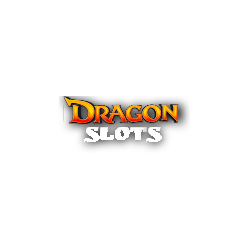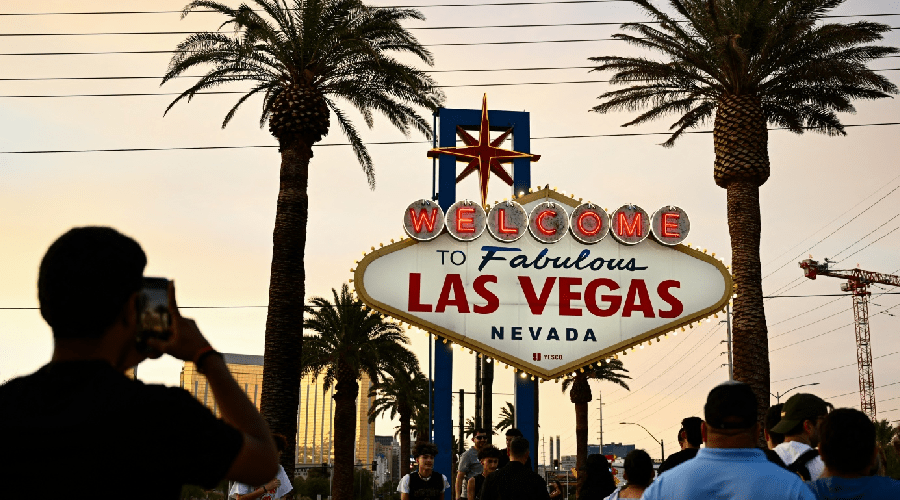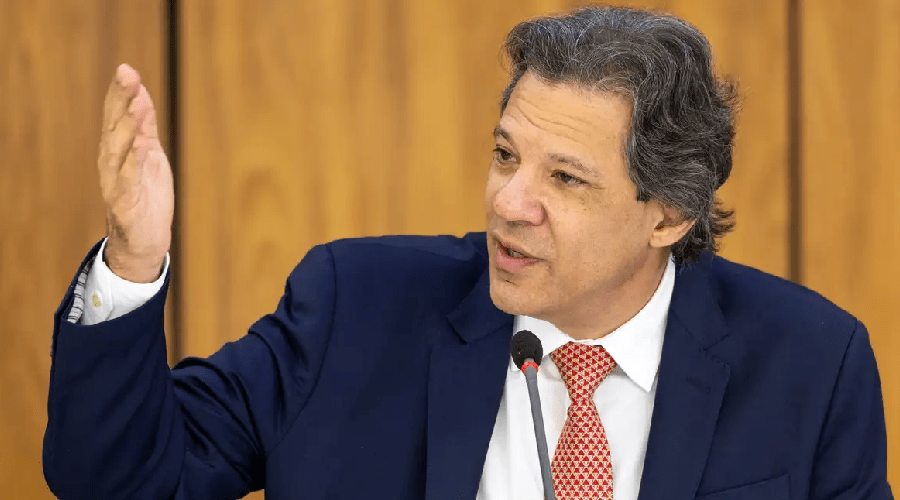According to a GC survey, UK gamblers don't trust the assistance tools that operators offer.

New research from the Gambling Commission that included "lived experience" shows that some gamblers don't trust RG tools and think they are just a "PR exercise" with no real value.
According to recent study from the Gambling Commission that incorporated "lived experience" from players, UK gamblers don't trust the problem gambling support resources that operators offer.
On Thursday, the Gambling Commission released qualitative data that showed that gamblers felt there were a number of obstacles to getting help with the negative effects of gambling.
customers said they didn't trust the assistance tools that gambling operators gave them since they were more interested in getting customers to gamble and spend more money. Some people thought the tools were just a way for operators to get good press.
A man over 55 who took the survey said, "I don't trust a lot of these so-called tools." I suppose they probably know that the person who is actually participating will keep doing it or even put more money into the casino.
The people who were asked in the report were not sure about the tools and wondered how well they worked. Also, the participants demonstrated that they didn't know much about the assistance resources that gambling companies supplied.
Respondents, on the other hand, thought that some of the instruments that directly affected their activities, including deposit limitations, were useful in lessening the negative effects of gambling.
The Gambling Commission's study said, "Building full trust in the support options available will be key to helping those who have had bad experiences get help."
The gaming Commission wants to help people understand the dangers of gaming better.
The Gambling Commission worked with NatCen and the Lived Experience Advisory Panel (LEAP) to create the research.
It is based on answers from the commission's annual Gambling Survey for Great Britain (GSGB), which gives an idea of how people in the UK gamble.
In a blog post about the latest report, Amandeep Manku, a senior research and statistics analyst at the commission, said, "Participants had taken part in the GSGB and said that their own gambling had bad effects."
"This study puts those results in context and gives us a better idea of how gambling can be harmful and how people can be vulnerable."
Negative impacts of gambling
A prevalent finding among participants in the study was that gambling can result in adverse financial outcomes.
Some people had to cut back on their food and electricity costs and spend less time with friends because they lost money gambling.
One woman remarked, "I haven't been able to go anywhere or I've used the money for food [on gambling], so I've had to borrow money to eat."
People also said that gambling harms affected their work and school. People said that gaming could "distract" them from their employment or studies.
One person said they lost their job because of gambling, and another said they lost their home.
The paper also said that the bad effects of gambling addiction could start at any point in a person's gaming life, perhaps right away or decades later.
Benefits of gambling
Some of the other people in the survey said that gambling had a beneficial effect on them.
Winning money made people feel good, which was one of the good things. Others said that betting made watching sports more fun.
"I like it more than anything else." A man in the study who was between the ages of 25 and 34 said, "When I gamble and I can see that my analysis and calculation are correct, I'll be very proud of myself."
There were also records of social encounters that had a good effect on well-being. People said that gambling could be a fun way to "bond" with family and friends.
"We'll make a complete night of it, going to the bingo club. My granddaughter, who is now 19, has been coming with us the last few times. "It's really an enjoyable outing," said a woman over 55 who took part.
Recommendations from the Gambling Commission report
The Gambling Commission said in the study that help for people who are hurting from gambling needs to be specific and adaptable. It should talk about how problem gambling affects both your money and your feelings.
The committee also suggested that more qualitative research be done that looks at how gamblers really feel about the business.
Discussions about lived experience are becoming more and more important to the regulator's work to fight gambling addiction in the UK and the Republic of Ireland.
In 2022, the UK group GambleAware set up a Lived Experience Council to bring together people who have been harmed by gambling to contribute with research.
In April, Ireland's Gambling Regulatory Authority said it wanted to set up a lived experience panel. This will help it create a Social Impact Fund that will be funded by a tax on operators.














